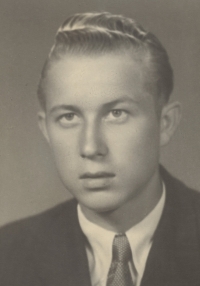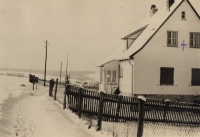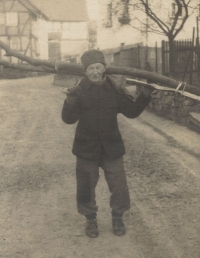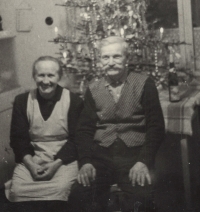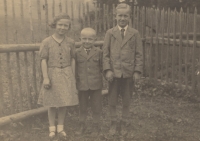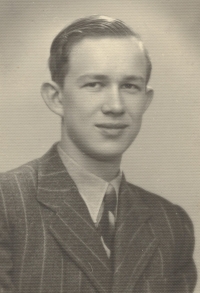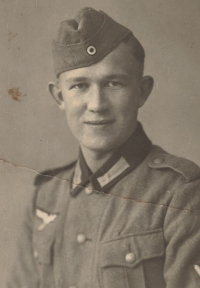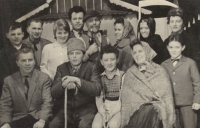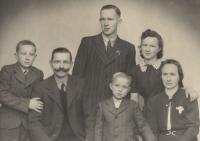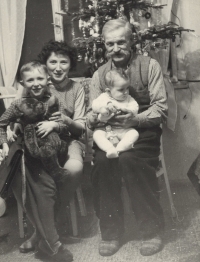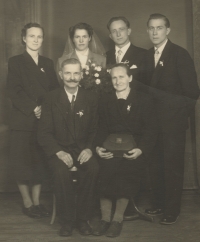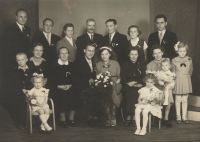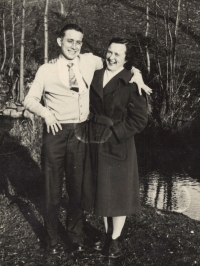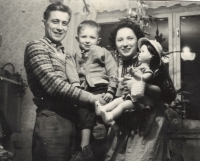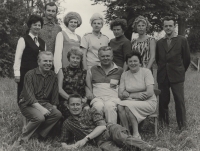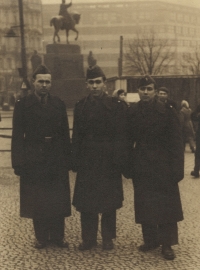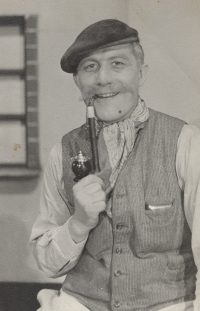My mom packed backpacks and we waited whether we will be expelled

Stáhnout obrázek
Vincenc Langer was born on 8 March 1934 in Dolní Libchavy near Ústí nad Orlicí. His father Josef was of a German nationality and worked as a weaver, his mother was of a Czech nationality and was a housewife. Until the war, there were good relations between local Czechs and Germans, the relatives often visited each other. Vincenc Langer had three older siblings: Miloslav, Marie and Josef. In October 1938 the village became part of the Third Reich and two years later Vincenc started to visit a German school. Until the fifth grade he sat next to the daughter of the local mayor who in the end of the war killed his whole family and committed suicide because of fear of war revenge. Vincenc’s brother Miloslav was enlisted into the German army in 1942 and in March 1945 he died in the war. After the war the family waited with packed backpacks whether they will be expelled or not. Meanwhile, new Czech tenants moved into vacant houses in Libchavy. For few days, expelled Germans walked through the village to the train station in Ústí where they departed for Germany. In autumn 1946, the Langers were relieved when they learned that they as a mixed marriage can definitively stay. But with a heavy heart they said goodbye to expelled friends, schoolmates and their aunt. Most of the German inhabitants were expelled. In autumn 1946 Vincenc started the sixth grade at a Czech school. In 1949–1952 he was apprenticed as a joiner. In 1953 he started his compulsory military service but because of his problems with eyesight he spent there only five months. In 1956 he got married and with his wife Stanislava (1939–2009) they raised two children. He worked in a wood processing company and in 1965–1985 he worked as a school caretaker at an elementary school in Libchavy. In 2021 he lived in Libchavy. Vincenc Langer died on September 25, 2023.
